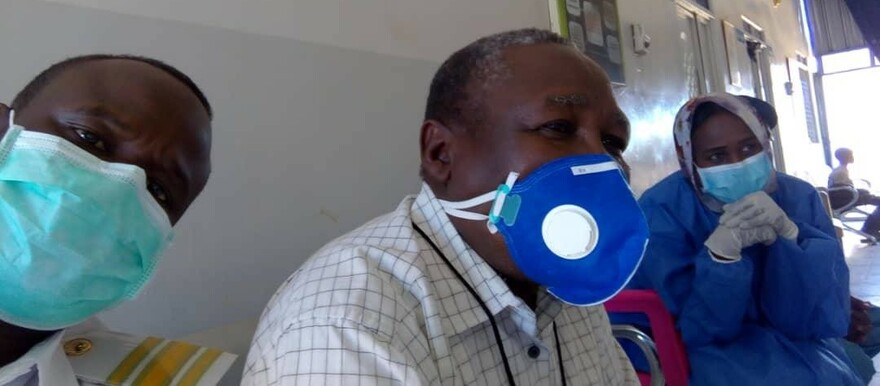Displaced residents of Abu Shouk camp in El Fashir town of Sudan’s North Darfur State are suffering from an acute shortage of medicines, medical officials said.
Mohammedain Mohammed Abdel Rahman, a medical laboratory specialist at the camp’s only Reproductive Health Centre, told Radio Tamazuj on Thursday that the displaced people lack medicines amid the spread of malaria among mothers and children.
Mohammedain pointed out that the Reproductive Health Center, formerly the “IRC” Center, is the only health facility operating in the camp since the outbreak of war between the Sudanese Armed Forces and the Rapid Support Forces in April.
The health official stated that the centre is operating with limited capacity and that the camp accommodates more than 200 people, besides more influx of people created by the war after the displacement of thousands from the Tawila and Kutum localities last June.
He stated that there are nine shelter centres for newly displaced people from the two localities and the villages adjacent to the camp.
“The centre receives about 300 patients daily, most of whom suffer from malaria, and the medicines provided by the State Ministry of Health and the organizations are inadequate,” he explained.
The health official appealed to well-wishers to support the centre with medicines and other needs.
Meanwhile, Mohammed Saleh Yaqoub, a volunteer at the centre, said the health facility faces several challenges besides the lack of medicines.
“There are swamps and ponds in the camp, which has led to the spread of malaria. So this needs spraying to enable us to fight the disease,” Yaquob stated.
He further said the centre also lacks mobility, such as ambulances to transport patients. “The state is under an emergency due to the ongoing war, and it is difficult to move during curfew. We call on partners to support us urgently so that medical services can be offered,” he said.




